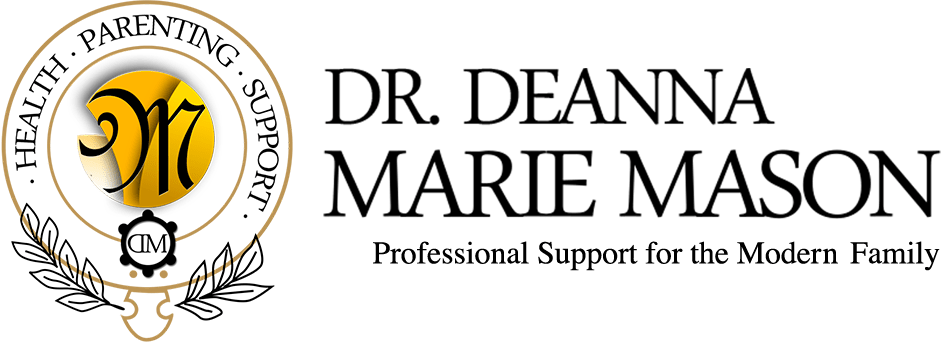Young babies have delicate skin that needs to be protected. There is a common misconception among parents that babies’ skin needs to “develop a tolerance” for the sun. Some parents expose their infant to direct sunshine, for increasingly longer periods of time, because they believe it will help their child’s skin accept the sun better. Other parents think that training their baby’s skin to tan is a healthy response to sun exposure. Although these are common errors some parents may make, they cannot be farther from the truth.
How to avoid sunburn and ensure adequate sun protection for babies
A suntan happens when skin is exposed to ultraviolet (UV) light from the sun. The UV rays of the sun penetrate the skin and cause a reaction at the cellular level. This reaction creates melanin. As more sunlight is absorbed, more and more melanin is created which causes the skin to darken into a brownish color, called a tan. A sunburn is an extension of this process; a sunburn happens when skin has absorbed so much UV light that it creates a radiation burn. Sunburns make the skin look pink or red, rather than brown. The skin becomes sensitive to touch and is hot. Occasionally, sunburns can be life threatening if a large area of the body is involved and the burn is severe.
Many parents believe that a suntan on their infant’s skin is healthy and a sign of good tolerance to the sun. This is particularly common with parents of children with darker skin tones. When skin is exposed to UV light, it creates melanin to protect itself from the UV rays of the sun. However, DNA damage occurs as part of this process. DNA is a molecule in each living cell that holds the genetic instructions used for the development and functioning of the cell. So when DNA damage occurs in the skin, the skin cannot function properly. This may lead to pre-mature aging of the skin (wrinkles) and skin cancer.
Anytime the skin is turning brown in the process of tanning, or being burned by the sun, there is damage to the skin. This damage stays in the skin and is carried, like a memory, in the skin cells. This means the new skin damage builds on old skin damage and, together, creates an effect that is larger than either had been separately. Therefore, there is no such thing as a healthy tan, especially in infants.
Parents need to be aware that unprotected sun exposure can damage skin and lead to skin cancer. This means that sun damage in infancy creates the beginning of the cycle of sun damage that will follow the child for the rest of his or her life. Infants less than 6 months are unable to tell parents when they have had too much sun or when they feel overheated. Additionally, due to the slow reaction time of their skin, they may absorb too much sun before signs of sun tanning begin which puts them at risk for sunburn.
Anyone can get skin cancer, regardless of skin color. Therefore it is important that parents appropriately protect their children from their first days of life.
Tips for good sun protection in babies and children
Parents can protect their infants from the sun’s harmful rays by following a few simple steps:
- Seek shade for your baby. If no shade is available from trees or buildings, use a blanket or umbrella to create shade.
- Put a hat on your baby. Your baby’s head has a large surface area of skin and, often, babies 0-6 months do not have a lot of hair to protect their scalp from the sun.
- Dress your baby in long-sleeves and pants if going out into the sun to limit sun exposure. If the temperatures are high, be sure to choose cool fabrics such as cotton or linen.
- Do not expose your baby to sunlight to improve his or her “sun tolerance”. Building up sun tolerance in an infant’s skin is a common misconception that is not true. There is no such thing as a “safe tan.”
Parents should focus on practicing sun safety with their children from infancy to start good habits for skin health. These recommendations are encouraged for all children, regardless of skin tone.
About the instructor
Proactive Parenting
Deanna Marie Mason PhD
More than 20 years of clinical experience helping families:
Bachelor's Degree in Registered Nursing, Master’s Degree in Pediatric Nurse Practitioner and PhD in Nursing. University professor, patient education specialist, pediatric researcher, published author and reviewer to first-line international scientific journals, continuous philanthropic activity related to health promotion and education, wife and mother of two children.






